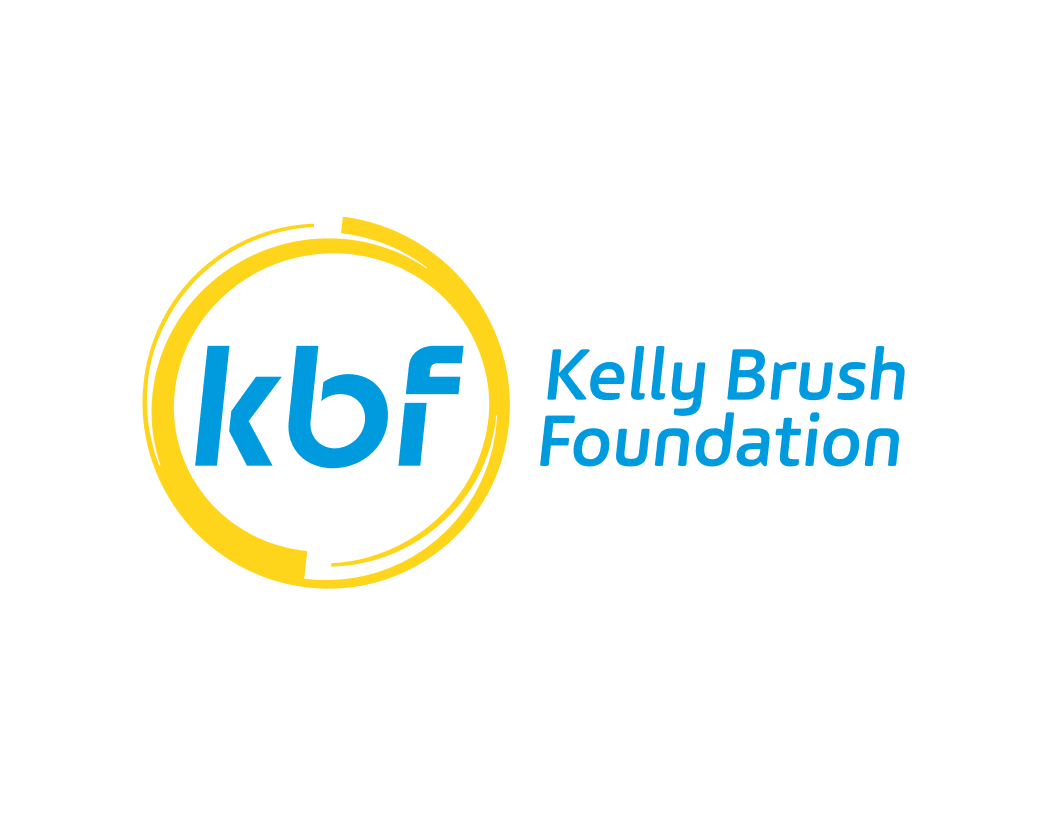In Kelly’s Words- Mentoring in the SCI community
From time-to-time I speak with people who are recently injured. It’s usually when someone is returning home from rehab (especially to Vermont) and either has a friend-of-a-friend that puts us in touch or one of the PTs I know asks their permission to connect us.
After having a spinal cord injury there are so many questions and so many unknowns. A lot of these questions can be answered in a clinical setting. But what happens when you get home and don’t have someone to ask questions of every day or when there are more real-life questions that don’t have an easy answer? Real world advice and answers can be so helpful.
Recently I’ve been spending more time with people who have new spinal cord injuries, and it’s been really rewarding. I feel like it can make such a difference and turn someone’s life around.
One of the recent SCIs in Vermont was a girl who is in middle school. She is out of rehab and back in school but, as you can imagine, there are so many unknowns for her as well as her classmates. Some of the school administrators reached out to me and asked if I would come and talk to the class about my experience and my life now. I have talked to school age children before, but I had never talked to a 7th and 8th grade class. And never to a class that included someone who was recently injured!
Elementary school classes are pretty easy, they ask a ton of questions and don’t feel shy. High school is a little bit tougher but once they get comfortable they think critically and ask good questions.
I was nervous about this age group, but I could not have been more impressed. After I spoke for about 10 minutes I opened it up for questions and was prepared for crickets. I got the opposite. Probably 10 hands shot up as soon as I stopped talking and they kept going for the next hour. They asked incredible questions that showed they were really thinking about what it means to be paralyzed and live a life in a wheelchair. I hope this was a great opportunity not only for the student with an SCI, but her classmates as well to be able to envision what her life could be like.
Another woman I’ve been talking to had an SCI this winter as well and lives in Vermont. She and I are similar age and have a lot in common. My hope always is that I can show a few small things I’ve learned over the years living with an SCI and also provide some hope by demonstrating what living a full life with an SCI can look like. We talk about things like how to get your pants on in a chair (surprisingly difficult…), the best way to carry things around the house, what cushion or back I use on my wheelchair and why, how to position yourself in bed while sleeping, and why I use a certain kind of bench in my shower. All real-world things that affect my life every day. If I can offer any small bit of help or hope to someone, I call that a success.
Dylan Update
Zeke recently had a long stretch of being gone (only home for 3 nights in a 14-day stretch) so I have been single parenting a lot. This stressed me out before he left and I was worried about how I would do. I have to say I did better than I thought! The hardest part was the stress of getting to daycare drop-off and pick-up on time. All day I would worry I was going to get caught up at work and not be able to get her on time. Being a pediatric nurse practitioner doesn’t allow me to fully control my time. If I get behind or patients show up late, I leave later.
It also was hard being the only one to do everything around the house: make dinner, clean up dinner, clean out her lunch box, make her lunch for the next day, etc. It doesn’t sound like much, but it really makes me appreciate Zeke and how much he helps. It also makes me realize how much work it is to be a single parent and how impressive it is what single parents do every day. Thank you for all that you do for Dylan and me every day, Zeke. Happy Father’s Day!
